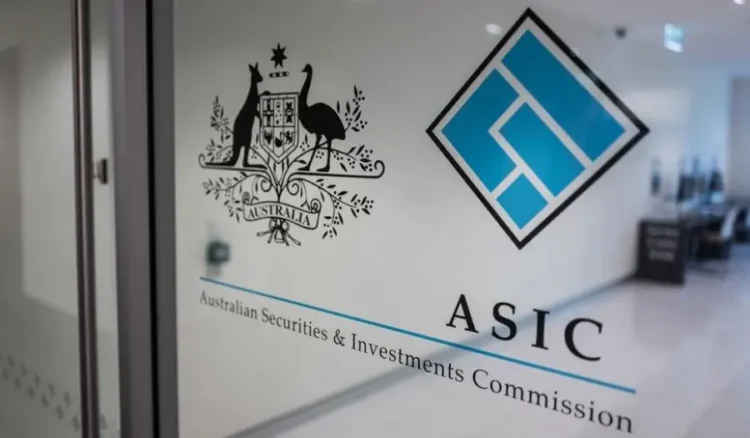Blog

Why LinkedIn is your best friend
In the fast-paced world of financial services, staying ahead of the curve is crucial. LinkedIn,... read more

Sharpening focus on performance: five ways financial advisers and advice licensees can improve retirement outcomes for choice members
In the next decade, a silver tsunami will sweep Australia. Around three million Australians will... read more

Mastering time management
In today's fast-paced world, time is perhaps our most precious resource. As a financial advice... read more